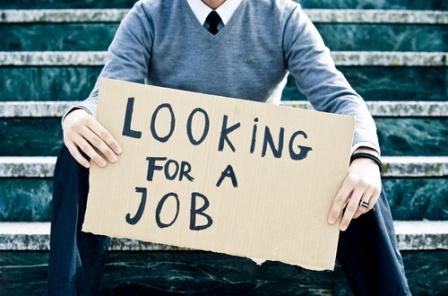On February 28, 2008, Hanjuan Jin, a Chinese-born former software engineer for Motorola, arrived at Chicago O’Hare Airport en route to Beijing. During a random customs check, officials discovered that she had a one-way ticket to China, $31,252 in cash, thousands of confidential documents regarding Motorola’s iDEN cell phone technology, and ties to the Chinese military. Her excuse for travelling with thousands of confidential and proprietary Motorola documents in her suitcase? Jin said that she planned to refresh her knowledge of the work she had done over the past years with Motorola, “so that I can prepare myself for further career going [sic].” READ MORE
The “I Was Just Trying to Land a New Job” Defense to Criminal Trade Secret Theft Charges






 For many, Fourth of July festivities wouldn’t be complete without a baseball game, a family barbecue, and of course, fireworks. But for one family-operated fireworks company in California, its members had an unhappy reunion in court when a great-grandson’s decision to leave the family business exploded into a dazzling dispute over trade secrets.
For many, Fourth of July festivities wouldn’t be complete without a baseball game, a family barbecue, and of course, fireworks. But for one family-operated fireworks company in California, its members had an unhappy reunion in court when a great-grandson’s decision to leave the family business exploded into a dazzling dispute over trade secrets.